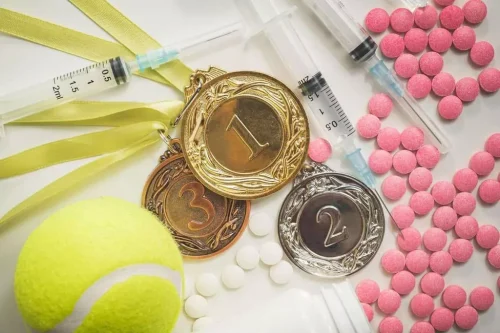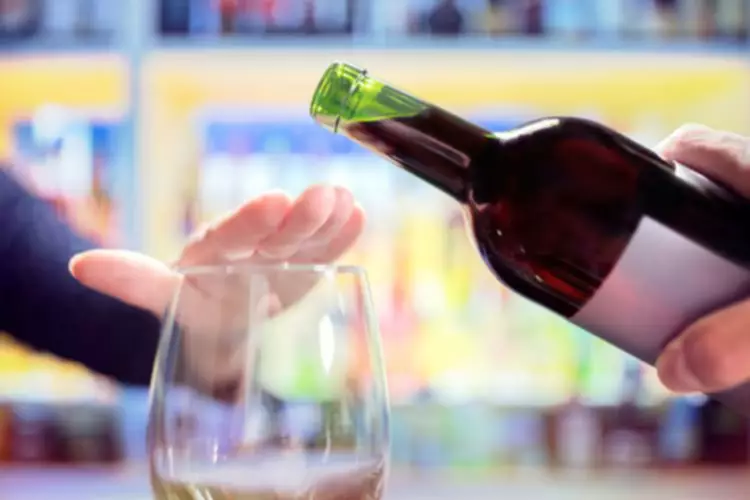
Theories suggest that for certain people drinking has a different and stronger impact that can lead to alcohol use disorder. If you feel that you sometimes drink too much alcohol, or your drinking is causing problems, or if your family is concerned about your drinking, talk with your health care provider. Other ways to get help include talking with a mental health professional or seeking help from a support group such as Alcoholics Anonymous or a similar type of self-help group. Many teens may struggle with mental health problems, or they may have parents, guardians, or siblings who also struggle with addiction or mental illness. Environmental factors contribute to substance abuse struggles, so family therapy can be a deeply important part of addressing adolescent substance abuse. It can be hard to know what to do if your child has a drinking problem.
- If your teen is in an unconscious or semiconscious state, their breathing is very slow, their skin clammy, and there’s a powerful odor of alcohol, there’s a strong chance they may have alcohol poisoning.
- If you suspect your child is abusing alcohol, it is important to trust your instincts, closely monitor your child’s activities and understand that privacy does not become the priority over ensuring your child’s safety.
- If a teenager’s environment is constantly highlighting reasons for underage drinking, they will be far more likely to partake and will be more at risk for teen alcohol abuse.
How alcohol affects a teenager’s health and development

Talking to your children about drugs and alcohol can be…well, awkward. It’s hard to know what to ask them, what to say, and if you’ll get through to them. But talking about substance use is important for promoting healthy behaviors. If you’re concerned your teenager is struggling to cope with the pressures or worries of growing up in Britain today, it’s possible they may wrongly think drinking is a way to cope. And they might have seen adults ‘drinking to cope’ with life stresses.
How to talk to your teen about underage drinking
Thanks to generous benefactors, your gift today can have 5X the impact to advance AI innovation at Mayo Clinic. You’ll soon start receiving the latest Mayo Clinic health information you requested in your inbox. Take the assessment and get matched with a professional, licensed therapist. Keep any alcohol in your home locked away and routinely check potential hiding places your teen may have for alcohol, such as under the bed, between clothes in a drawer, or in a backpack.
- When it comes to alcohol and substance use, it can be hard for people of all ages to know what’s true…and what’s not.
- Explain to your teen that this lack of privacy is a consequence of having been caught using alcohol.
- Adolescents may be compelled by state or local law, their school, or their parents to seek treatment for alcohol abuse.
- Chen paused the proceedings in 2020 to await the results of the National Toxicology Program report, but he heard lawyers’ arguments about the case earlier this year.
- Binge drinking impacts the body, creating uncomfortable symptoms like vomiting, hangovers, headaches, and low energy.
Teenagers, parties and alcohol

These offenses include drinking and driving, property damage, possession of drugs or alcohol, and public order offenses like public intoxication. Among incarcerated people who had a mental health struggle, 81 percent reported abusing alcohol in the month before they were incarcerated. In adults, drinking alcohol impairs decision-making and impulse control, and can lead to a range of negative consequences. For adolescents, drinking alcohol can make it even more difficult to control impulses and make healthy choices. In both adolescents and adults, drinking also compromises the ability to sense danger by disrupting the function of a brain region called the amygdala. Alcohol often produces rewarding feelings such as euphoria or pleasure that trick the brain into thinking the decision to drink alcohol was a positive one and that motivate drinking again in the future.

Make sure your spouse agrees with the rules and is also prepared to enforce them. Kids face a huge amount of stress as they navigate the teenage years. Many turn to alcohol to relieve stress, cope with the pressures of school, to deal with major life changes, like a move or divorce, or to self-medicate a mental health issue teenage alcoholism such as anxiety or depression. Talk to your child about what’s going on in their life and any issues that may have prompted their alcohol use. Studies have shown that the earlier your child uses alcohol, the more problems they’re likely to experience later in life, so it’s never too early to start the conversation.

Brain Damage from Adolescent Alcohol Abuse
- Fluoride can come from a number of sources, but drinking water is the main source for Americans, researchers say.
- At The Recovery Village, we are available to confidentially discuss your family’s situation with you, free of charge and with no obligation.
- The more you understand about potential reasons for underage alcohol use, the easier it can be to talk to your child about the dangers and identify any red flags in their behavior.
- Although binge drinking can have negative health consequences, not all people who binge drink are necessarily addicted to alcohol.
Teens who begin drinking before age 15 have a 41% chance of struggling with alcohol dependence when they are older. Among people who wait until age 21 to start drinking, the risk of alcohol dependence later in life is only 10%. Teens and alcohol are, therefore, a dangerous mix not just in the short-term, but in the long-term as well. The legal drinking age in the United States is 21, but many teens have access to alcohol much earlier than that.
